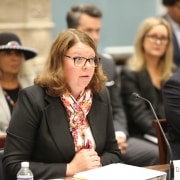Giving Back Sure is Sweet!
Across the nation, Thanksgiving brings us together around the table and in our communities. America’s sugarbeet and sugarcane growers share in that spirit of connection, adding sweetness to our celebrations and strength to our communities. Their work reminds us that giving back takes many forms, and all of them make life a little sweeter.
Michigan Sugar Company

Michigan Sugar Company members volunteer at their annual United Way Sugar Distribution Day.
Michigan Sugar Company celebrated National Real Sugar Day in a big way! Team members came together to volunteer at the company’s annual United Way Sugar Distribution Day, donating over 57,000 pounds of REAL Pioneer Sugar to more than 100 nonprofits, many of them food pantries, across multiple counties.
We’re proud of Michigan Sugar Company for stepping up in such an impactful way for families and neighbors in need.
Domino Sugar

Domino Sugar Refinery employees lowering 50 cages of baby oysters into the bay.
The Domino Sugar refinery is located right in the heart of Baltimore on the Patapsco River. Oysters act as a natural filtration system and keep the water clean for other living creatures. With oyster populations in severe decline, the Chesapeake Bay Foundation launched an Oyster Gardening Program, with Domino Sugar proudly taking part.
Every fall, Domino Sugar employees lower cages of baby oysters into the river to begin their growth. Throughout the season, volunteers regularly clean and care for the oysters before they are released into a sanctuary reef in the Chesapeake Bay. Every year, Domino Sugar helps raise more than 100,000 oysters, contributing to the health of the river and the restoration of this ecosystem, and this year’s process is off to a great start.
American Crystal Sugar Company
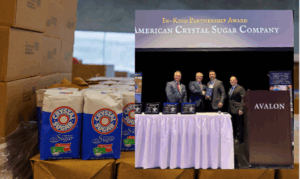
Ryan Wall, Vice President-Administration at American Crystal Sugar Company, accepting an award at the local Scouting America council’s Hometown Heroes Gala in honor of American Crystal’s contributions to the local community, and bags of Crystal Sugar ready to pack into meal boxes for those in need.
American Crystal Sugar Company has made a commitment to give 5 cents for every ton of sugarbeets harvested to local charities in the communities where its employees live and work. At part of that commitment, American Crystal shares the sweet gift of sugar, donating tens of thousands of pounds of its namesake Crystal Sugar across the Red River Valley of Minnesota and North Dakota.
That means more than 6,000 families in the Red River Valley will have sugar in their holiday meal boxes this holiday season.
In October, American Crystal Sugar Company was recognized for this work with the In-Kind Partner Award from the local Scouting America council.
U.S. Sugar

Students with their new backpacks provided by U.S. Sugar.
U.S. Sugar knows that strong classrooms mean strong communities. At the start of the school year, U.S. Sugar donated 120 backpacks filled with school supplies to help local students head off to school prepared for the year ahead!
Western Sugar Cooperative
More than 700 farmers across 4 states grow sugarbeets for Western Sugar Cooperative. This year, Western Sugar was a key sponsor for Bayard Public Schools in Nebraska, helping fund school activities and programs for a school system serving many of its grower-owners in the state. This sponsorship helped ensure students have access to enriching opportunities both inside and outside the classroom and furthered Western Sugar’s support for local education, youth development, and community engagement.
Louisiana Sugar Refining

Boxes filled with a turkey, a 4-pound bag of sugar, green beans, mac and cheese, and other Thanksgiving dinner essentials ready to be distributed.
The Louisiana Sugar Refining (LSR) refinery in Gramercy, Louisiana, is a cornerstone of its local community. LSR and its contractors worked together to provide local families with a Thanksgiving meal through their annual Thanksgiving Basket Drive. The boxes, which included a turkey, will ensure that several families who may normally have to do without will have a full table and a warm meal to celebrate the season.
Minn-Dak Farmers Cooperative

A Minn-Dak sugar donation being delivered to a food pantry in Wahpeton, North Dakota.
Every year, Minn-Dak Farmers Cooperative donates sugar to several food pantries in the surrounding region, including food pantries in Wahpeton, North Dakota, and the towns of Fegus Falls, Hoffman, and Elbow Lake in Minnesota. To date in 2025, Minn-Dak has donated more than 5,500 pounds of sugar to food pantries, providing neighbors in need with an essential ingredient – grown and processed right there in the Red River Valley. The grower-owned cooperative also donates sugar packets to area churches, sweetening coffee and strengthening its bonds with the local community.
The sugar community’s reach is far and wide. This Thanksgiving season, we’re grateful for our sugarbeet and sugarcane growers, and our partners who work so hard and find time to give back to their communities.
This year, as you gather with family and loved ones, hopefully eating a sweet piece (or two!) of pie, remember to thank America’s sugarbeet and sugarcane growers for their hard work.
Here’s to gratitude, good company, and another very sweet Thanksgiving.



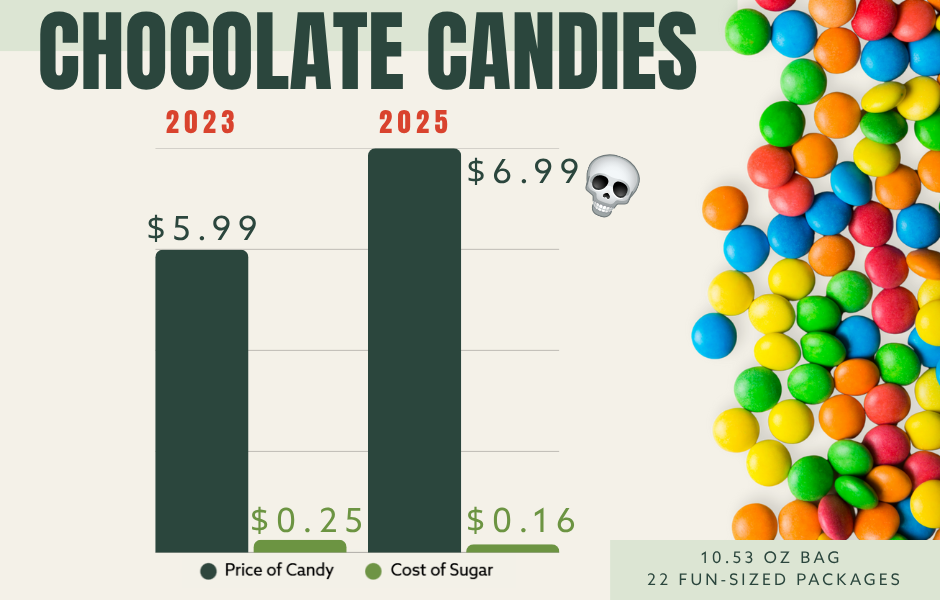
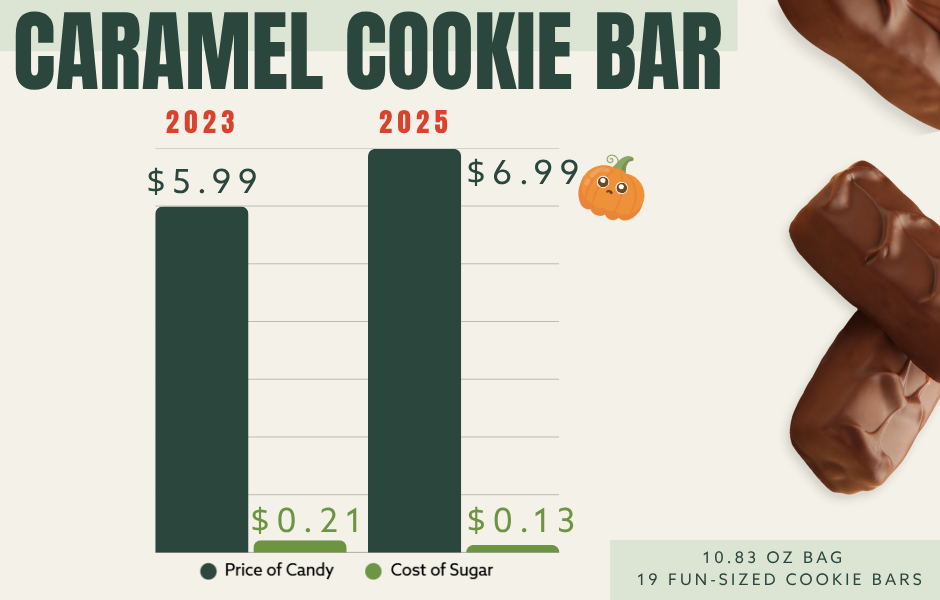
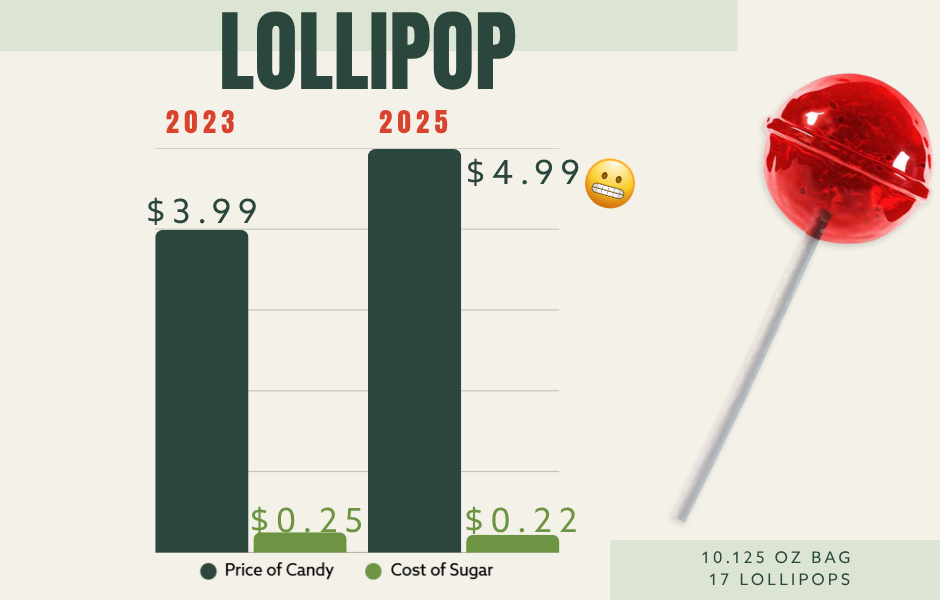
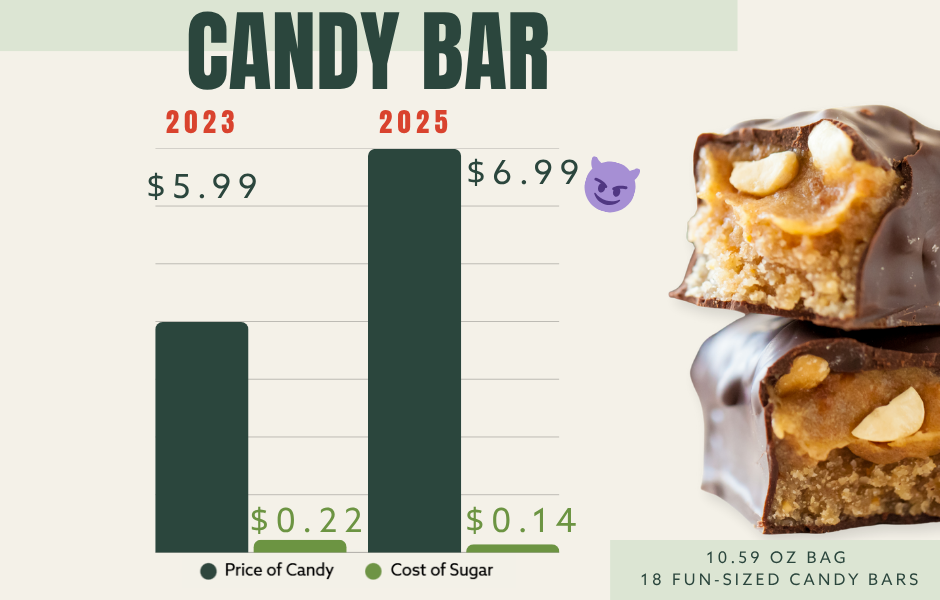
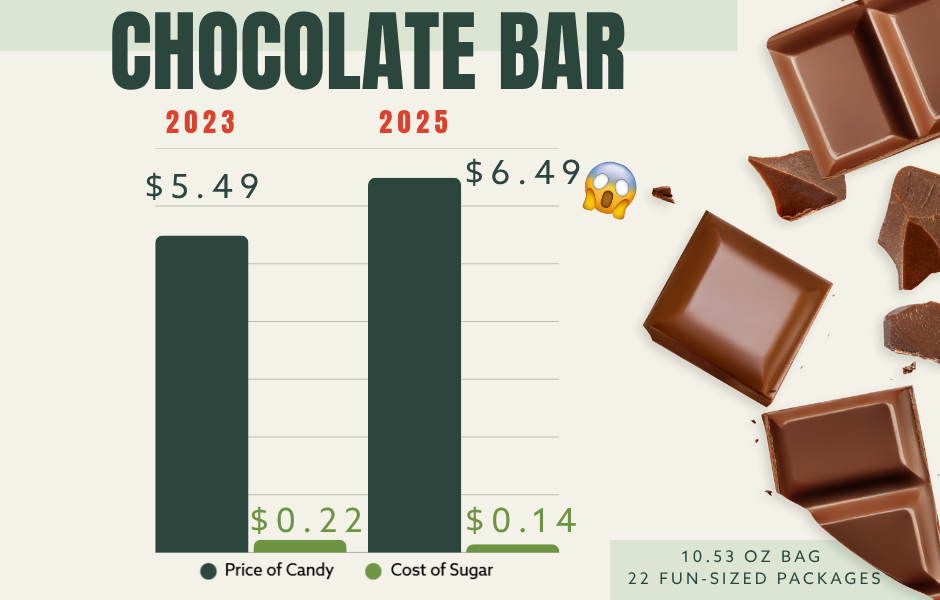
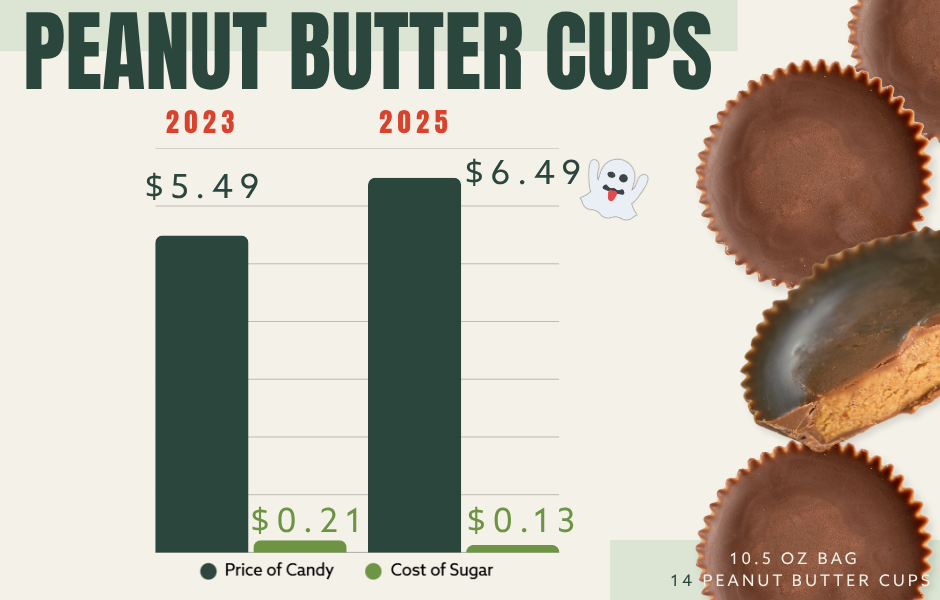





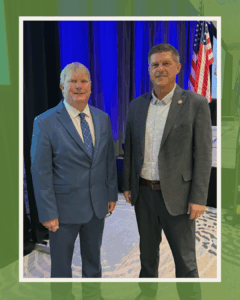


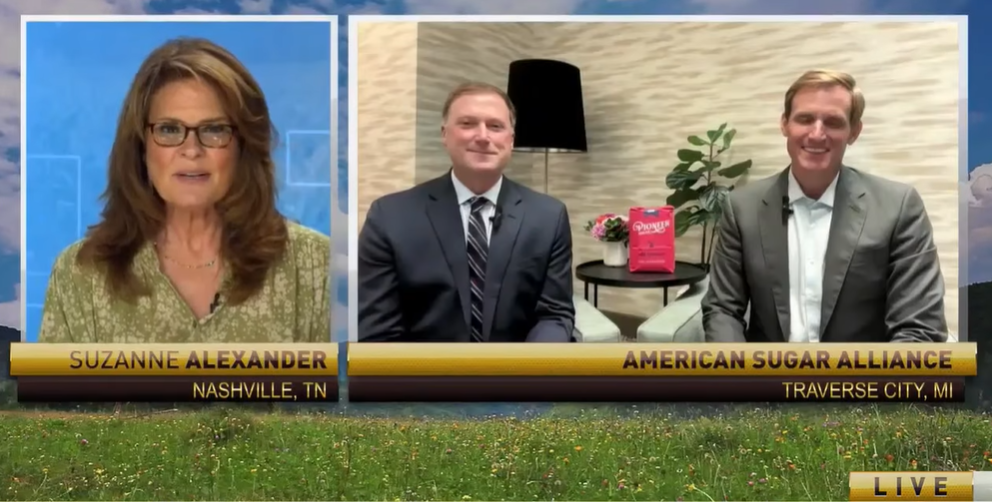
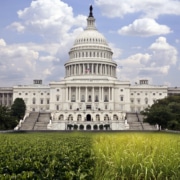
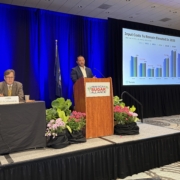


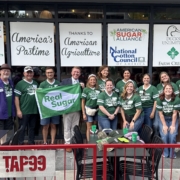

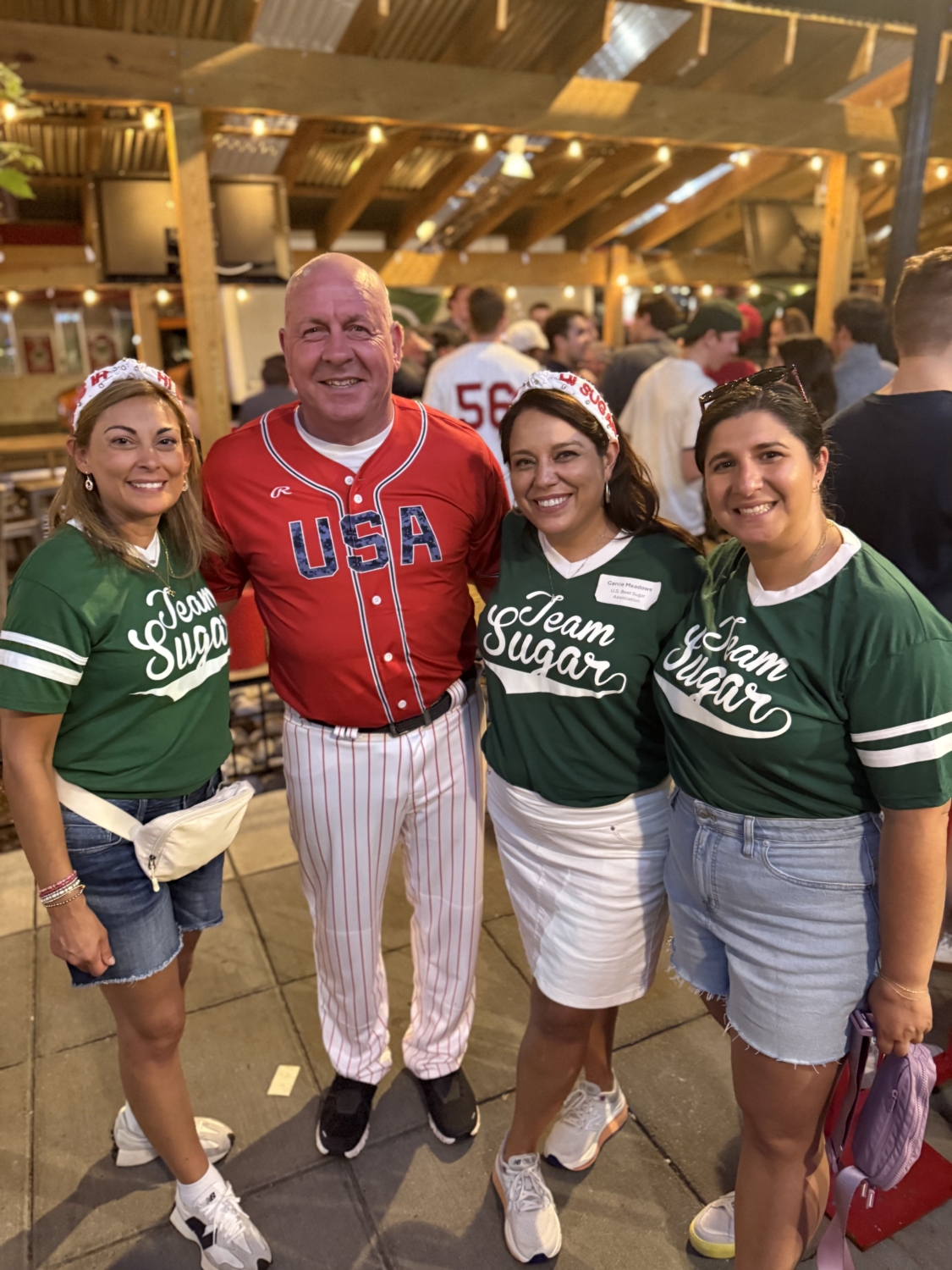

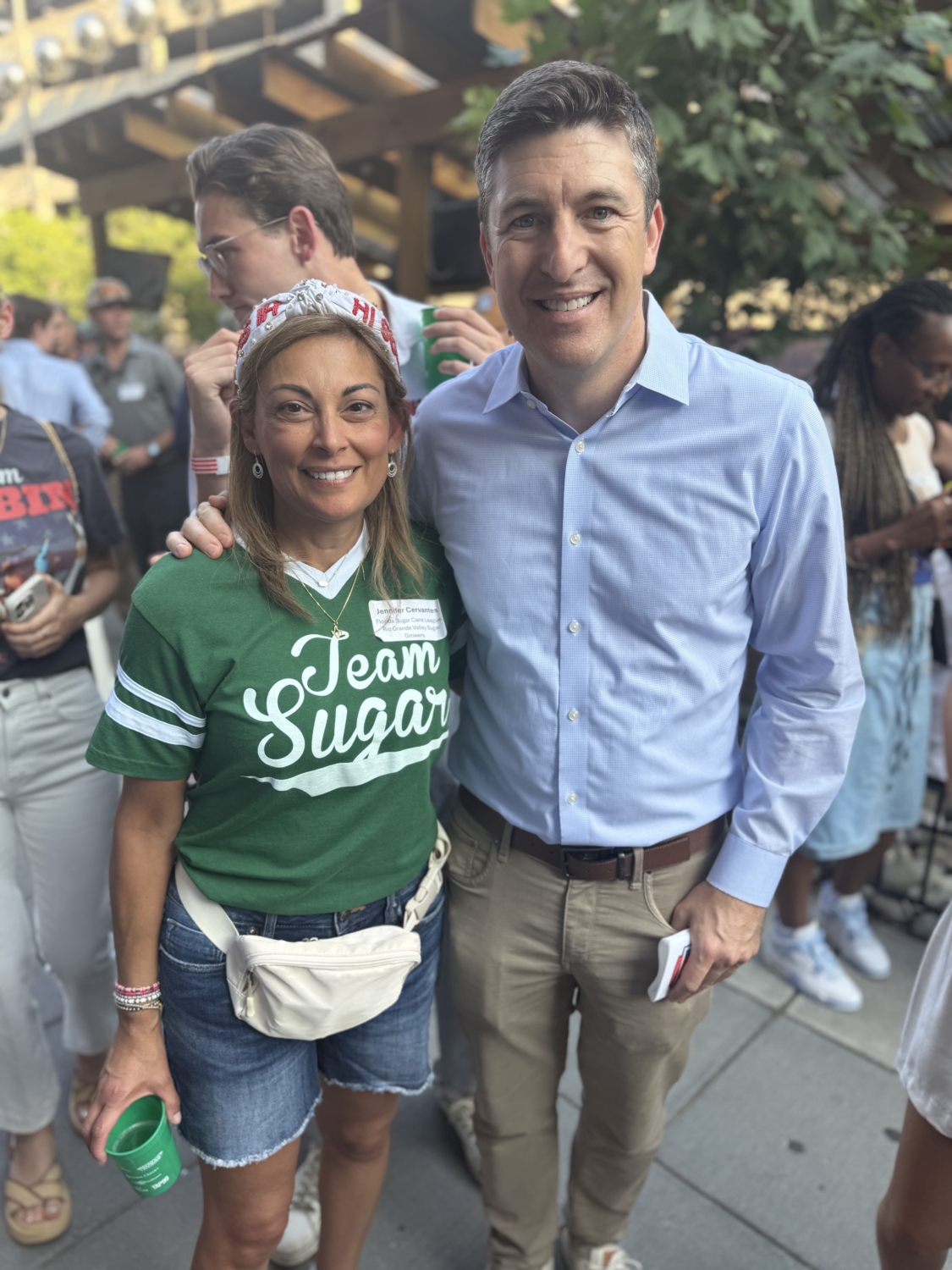








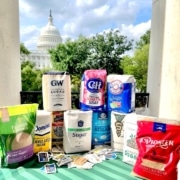



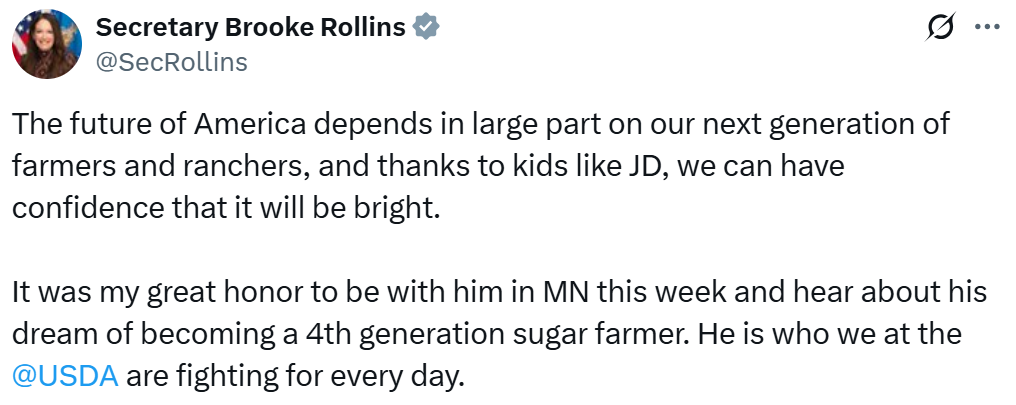


















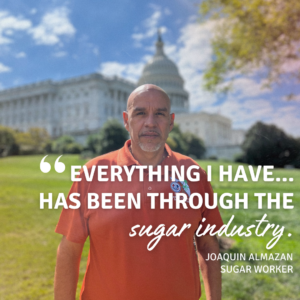
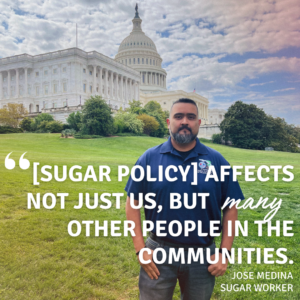




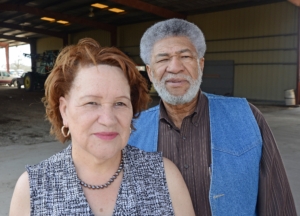




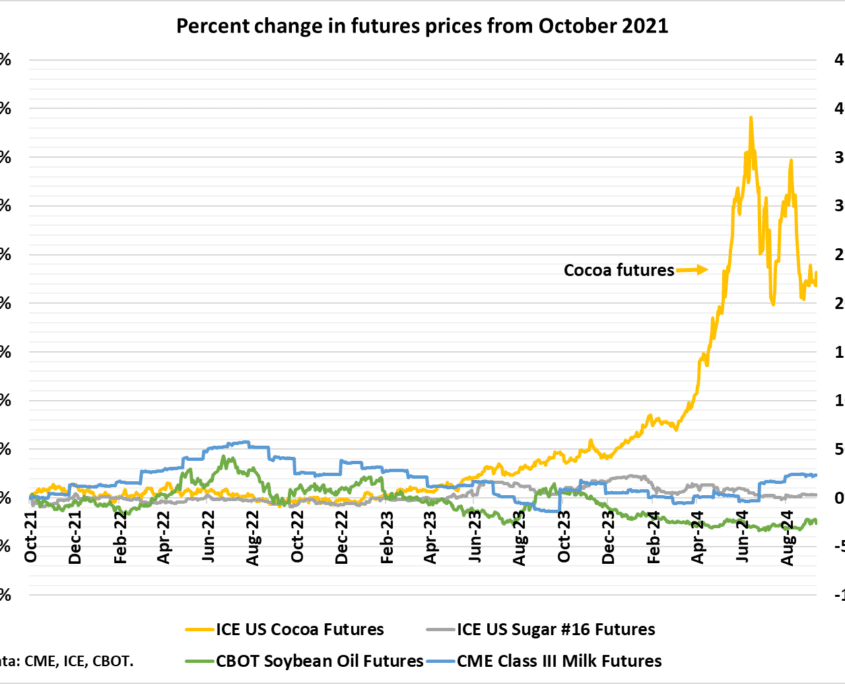






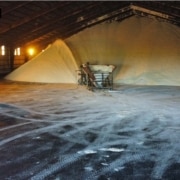
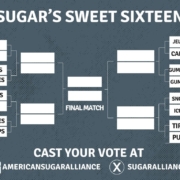



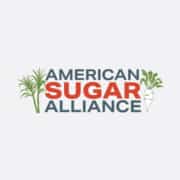
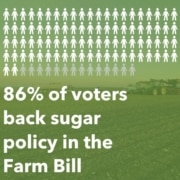

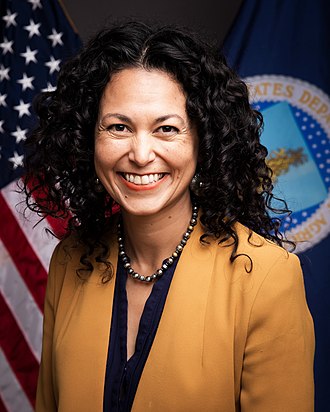 America’s sugar farmers and workers congratulate Xochitl Torres Small on her appointment as the U.S. Department of Agriculture’s Deputy Secretary.
America’s sugar farmers and workers congratulate Xochitl Torres Small on her appointment as the U.S. Department of Agriculture’s Deputy Secretary.
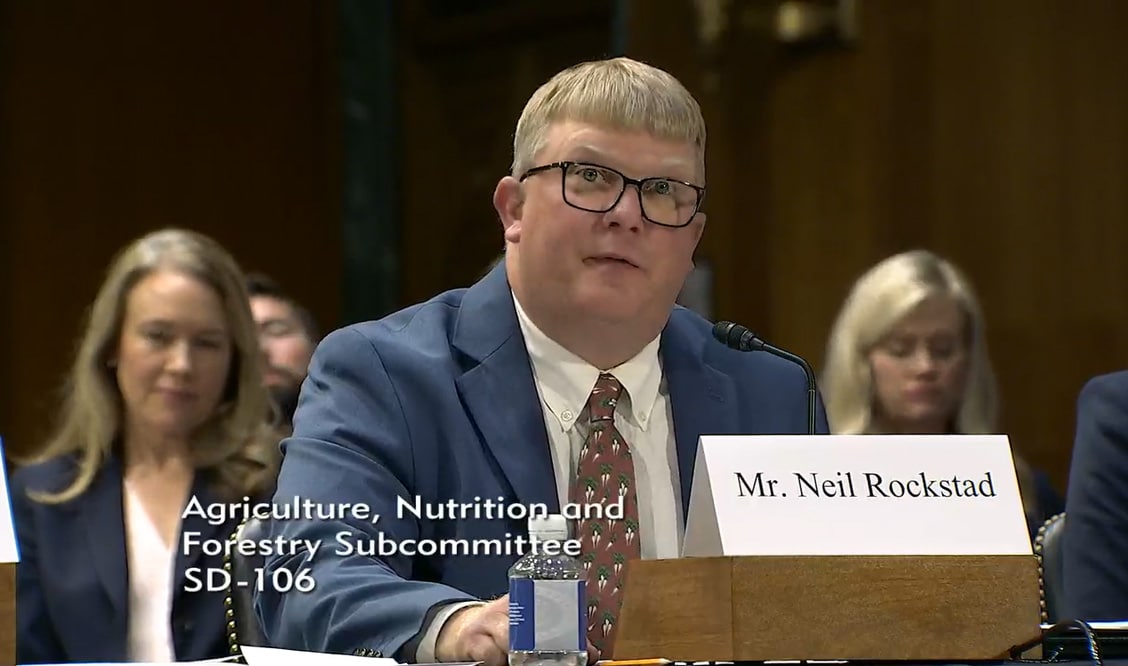




 Statement from the American Sugar Alliance on the confirmation of Doug McKalip as the U.S. Trade Representative’s (USTR) Chief Agricultural Negotiator:
Statement from the American Sugar Alliance on the confirmation of Doug McKalip as the U.S. Trade Representative’s (USTR) Chief Agricultural Negotiator:
 The American Sugar Alliance congratulates Alexis Taylor on her Senate confirmation to serve as the U.S. Department of Agriculture’s (USDA) Under Secretary for Trade and Foreign Agricultural Affairs.
The American Sugar Alliance congratulates Alexis Taylor on her Senate confirmation to serve as the U.S. Department of Agriculture’s (USDA) Under Secretary for Trade and Foreign Agricultural Affairs.